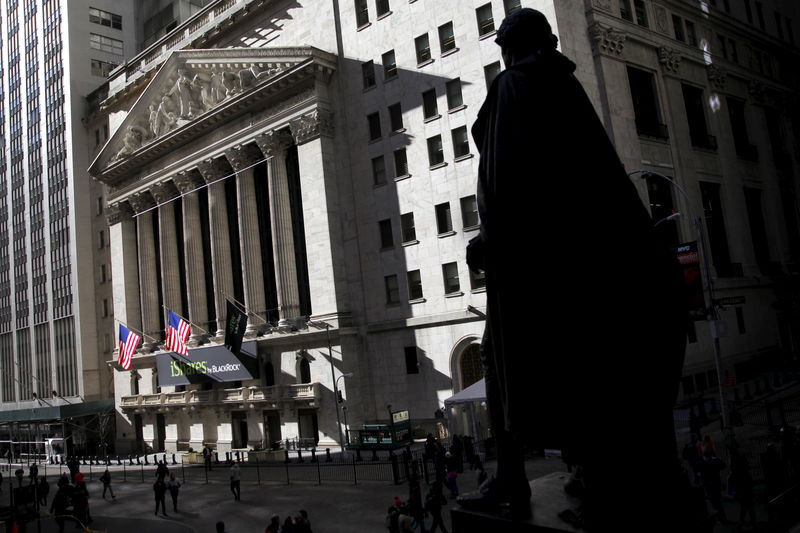Domo signs strategic collaboration agreement with AWS for AI solutions
Investing.com - Corporate sentiment soared during the nearly-completed fourth-quarter earnings season, but guidance was largely weak as companies fretted over policy risks, according to analysts at BofA.
In a note to clients, researchers at the bank said that quarterly earnings per share for the benchmark S&P 500 index had come in 6% above consensus expectations -- the strongest beat since the first quarter of 2022 and well above the historical average of 3%.
Per-share income in the period also climbed by 15% versus a year-ago, the best performance by this metric since the fourth quarter of 2021. This growth is tipped to decelerate in the coming months, with the BofA analysts predicting an annualized per-share profit increase of 13% in 2025.
Year-to-date, consensus estimates for S&P 500 earnings per share this year have also been trimmed by 1% to $271, the analysts flagged, adding that this was in line with "typical" seasonal trends over much of the past two decades. However, the cut was bigger when compared to the -0.4% on average in non-recessionary years, they said.
Meanwhile, BofA’s guidance ratio -- a measure of above- versus below-consensus forecasts -- is tracking below the historical median so far in 2025.
"We believe companies are guiding conservatively amid continued macro and policy uncertainty," the BofA analysts wrote.
Since the return of U.S. President Donald Trump to the White House in January, several firms have flagged that they are in a kind of limbo as they await clarity over his major policy initiatives -- particularly his plans to upend America’s global trading stance through duties on foreign imports.
The issue has been a recurring theme for corporate America’s executives. More than 750 of the biggest U.S. companies have discussed the tariffs either in post-earnings calls with analysts or at investor events, Reuters reported, citing LSEG data.
Most recently, Trump’s steep tariffs on imports from traditionally key U.S. trading partners Canada and Mexico, as well as additional levies on China, went into effect on Tuesday. Economists have suggested that companies will likely bear the brunt of the costs from the trade taxes.
Even more tariffs could be on the way from the White House, with Trump having already threatened sweeping reciprocal levies and surcharges on specific materials like steel and aluminum.
Although some businesses have pushed to get ahead of the tariffs by pre-ordering goods, many executives have indicated that they will take a wait-and-see approach to future expenditures as they await more announcements from the Trump administration.
Still, companies remain relatively upbeat about their current prospects. Mentions of "weak demand" have fallen to a two-year low, according to BofA data, while the bank’s tracker of corporate sentiment spiked to its highest level ever.
